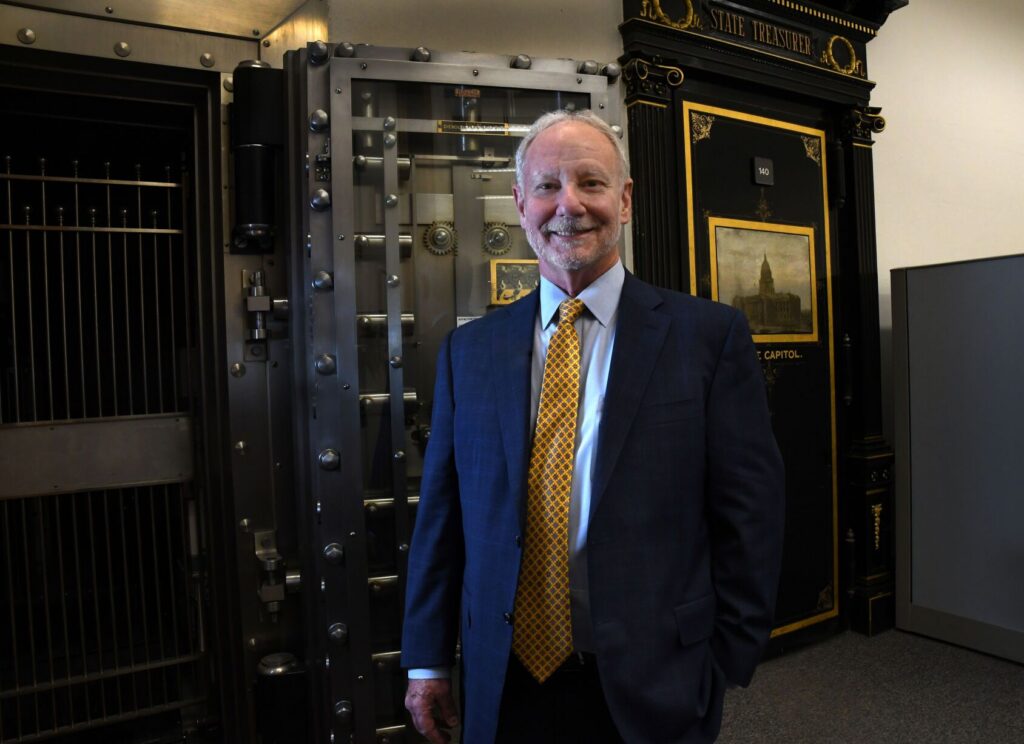Appeals court rules witnesses cannot be sued for false grand jury testimony
Colorado’s second-highest court ruled on Thursday that witnesses who testify before grand juries may not be sued for making false statements.
However, a three-judge panel for the Court of Appeals clarified that witnesses are not immune for bad-faith reports to law enforcement prior to their testimony.
Although the July 11 decision was the first time the state’s appellate court addressed witness immunity in grand jury proceedings, the case took a years-long detour thanks to a procedural roadblock.
In 2019, Daniel Wolf sued Michael J. Brenneman and Jeffrey B. Selby, alleging they lied to a grand jury and defamed him to the media about a real estate development project that led to him being criminally charged. A Denver jury ultimately acquitted Wolf.
The following year, then-District Court Judge Michael J. Vallejos declined to dismiss the defamation claim, but otherwise found the defendants enjoyed immunity for their allegedly false statements to the grand jury and to the Denver District Attorney’s Office.
Prior court decisions indirectly addressing the subject suggested that “witnesses such as Defendants — even where the accusation in the civil suit is that they lied from the outset, sparked the investigation, lied to the grand jury, and at trial — are shielded,” Vallejos concluded.
Wolf subsequently asked Vallejos to deem his decision final so Wolf could immediately appeal the immunity question to the Court of Appeals before trial. Vallejos agreed, reasoning the dismissed claims were not only the “more substantial” ones, but if the Court of Appeals disagreed with him and reinstated the claims, everything should be tried together at once.
In July 2022, 23 months after Vallejos’ original order, a panel for the Court of Appeals dismissed Wolf’s appeal. By 2-1, the panel believed Vallejos’ reasons for authorizing the mid-case appeal were not compelling enough.

FILE PHOTO: Members of Colorado’s Court of Appeals gather at the ceremonial swearing-in of Judge Grant T. Sullivan.
Then-Judge Michael H. Berger dissented, believing it was impractical for one trial to take place on Wolf’s defamation claim, then a potential second trial if the appellate court later determined the defendants had no witness immunity after all.
Wolf and the defendants all argued to the state Supreme Court that the Court of Appeals should have decided the immunity issue in the first place. In May, the justices agreed the appeals court had relied on an incorrect standard and returned the case for reconsideration.
In arguing the merits of witness immunity from civil lawsuits, Wolf admitted witnesses do enjoy immunity for their trial testimony, but he believed the shield should not extend to false statements made earlier in the criminal process.
“If defendants acted in good faith and without malice, then they will not be liable for malicious prosecution. But that is a question for the jury,” his lawyers wrote. “Here, if the district court were right, then there would be no meaningful safeguards preventing a private individual from falsely instigating the criminal prosecution of another.”
Attorneys for Brenneman and Selby countered that there was already a consequence for witnesses who lie: a perjury charge if the lie occurred in testimony or a false reporting charge for lying to law enforcement.
Berger, the original dissenting judge, wrote in the appellate panel’s new opinion that civil immunity does apply to grand jury testimony. The purpose, he noted, is to prevent witnesses from distorting their statements on the stand to avoid a future lawsuit.

The Ralph L. Carr Colorado Judicial Center in downtown Denver houses the Colorado Supreme Court and Court of Appeals.
However, Brenneman and Selby could be held liable for their alleged falsehoods to the district attorney.
State law “grants immunity for citizens who report crimes to law enforcement in good faith,” Berger wrote. “It necessarily follows that persons who report a crime in bad faith do not have immunity for their actions.”
Wolf’s lawyers did not respond to an email seeking comment. Attorneys for the defendants criticized the decision, believing it better for prosecutors to handle false reports through the criminal justice system.
“We are concerned this decision will have a chilling effect on members of the public reporting crimes,” said attorney Brandee Caswell. “It gives the person who may have committed a crime power to drag witnesses and victims through a civil litigation simply by alleging they did not make the report ‘in good faith.'”
The case is Wolf v. Brenneman et al.











